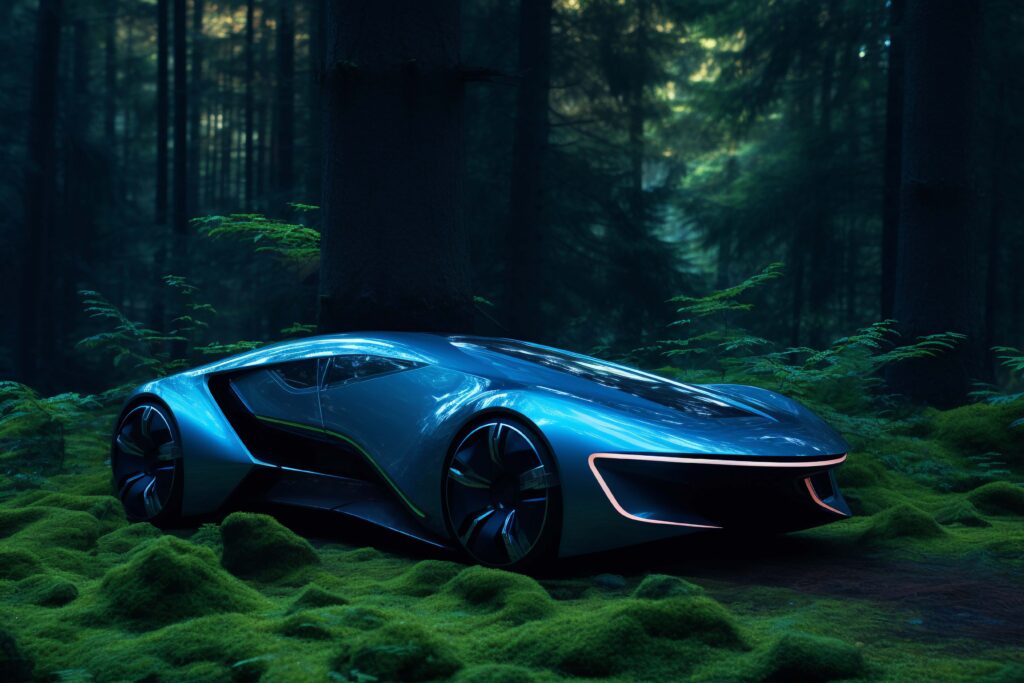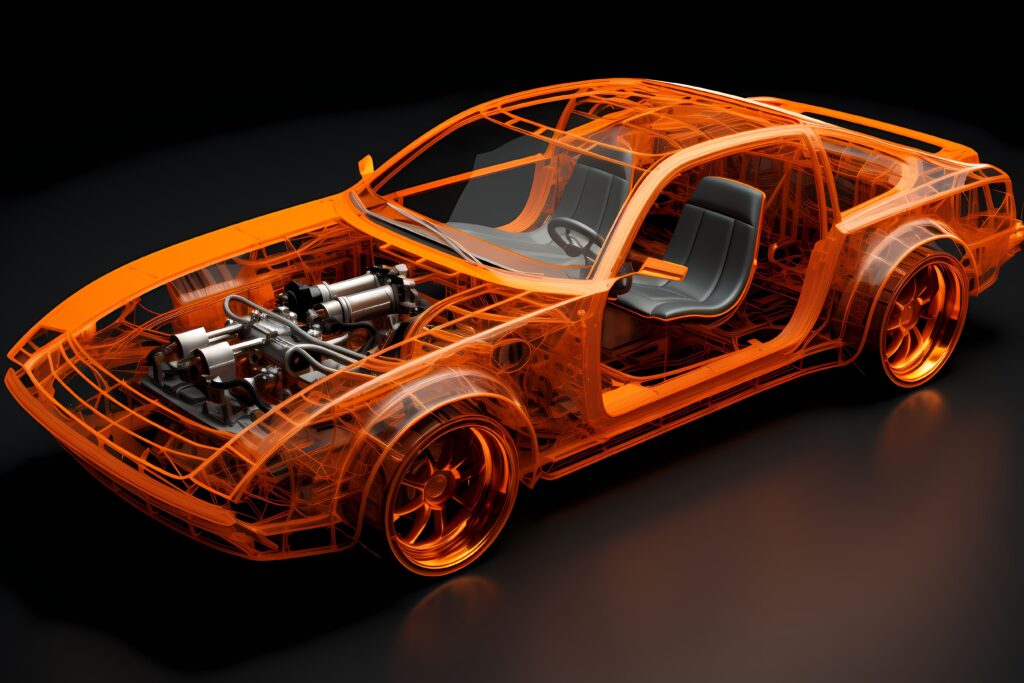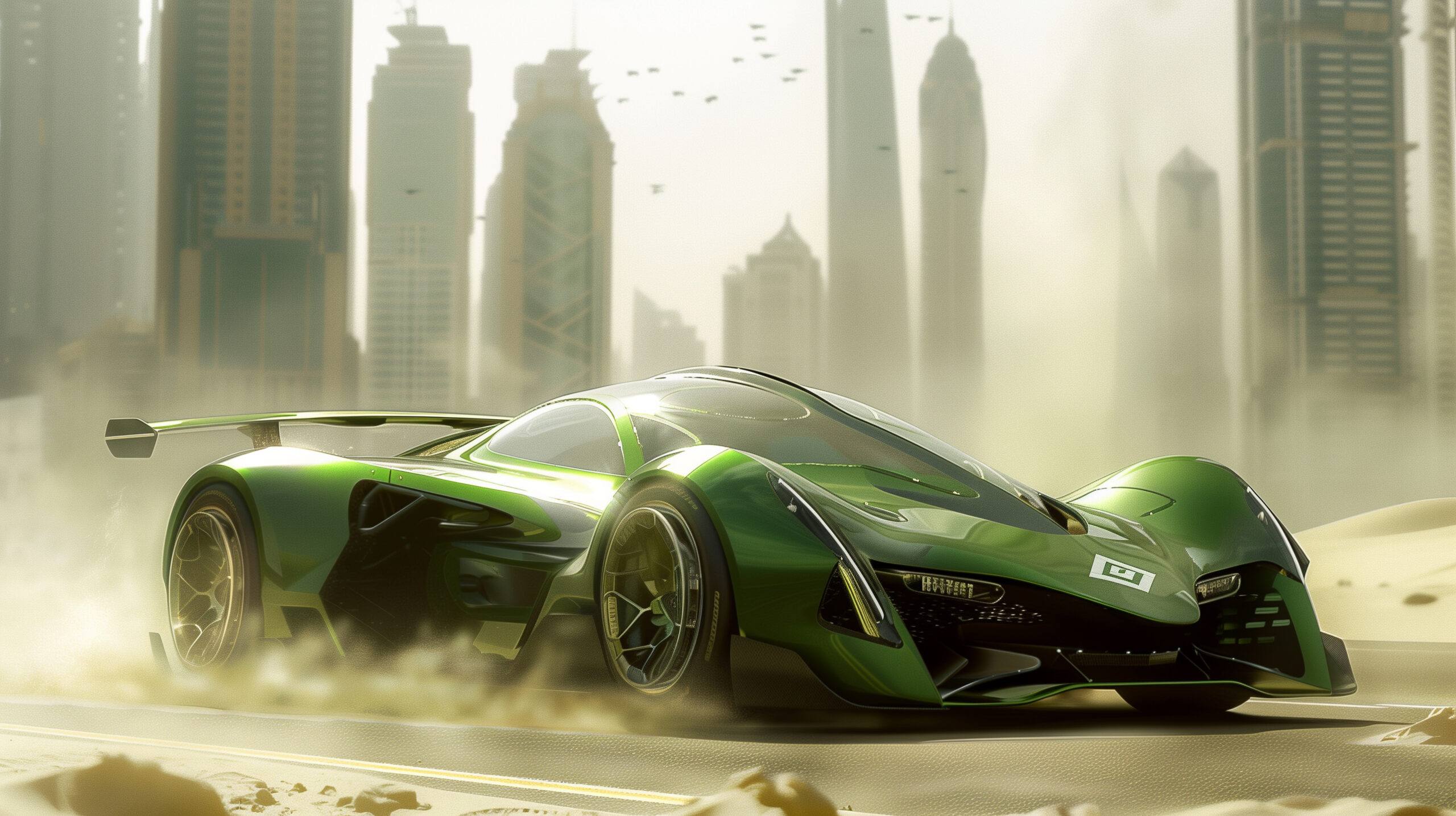Introduction
Prepare to revive your electric dreams! The automotive giant Toyota is known for its reliability. is about to surprise the world with its latest work. That’s an all-electric sports car. Imagine the thrill of zero emissions combined with thrilling performance. That’s what Toyota promises with this cutting-edge car that will hit the roads in 2026.
But wait, there’s more! This isn’t just any Toyota Electric Sports Car; it’s a glimpse into the future of automotive excellence. From cutting-edge battery technology to advanced features that blur the line between car and lifestyle companion, Toyota electric sports car is poised to redefine what we expect from high-performance vehicles. Will it be the rebirth of the iconic Celica, or perhaps an electrifying twist on the beloved Supra? The anticipation is electrifying!
Buckle up as we take you on a journey through Toyota’s electric vision, exploring its sleek design. Jaw-dropping performance and the environmental impact of this revolutionary sports car. We’ll dive into the innovative battery technology that powers batteries. Futuristic features that set batteries apart And even look at what this means for Toyota’s electric future. Ready to discover how Toyota is moving forward in the world of electric sports cars? Let’s step on the accelerator!
Toyota’s Electric Vision

A. Shift from hybrid to fully electric
Toyota, which has long been known for its hybrid technology They are turning to using electric cars fully. The company plans to launch its next-generation battery electric vehicle (BEV) in 2026 with improved battery performance and doubling driving range. This change coincides with Toyota’s commitment to carbon neutrality and addressing environmental concerns.
B. Commitment to sustainable mobility
Toyota’s strategy, as articulated by CEO Sato, focuses on evolving into a mobility company. This involves:
- Transitioning vehicles to mobility solutions
- Expanding access to mobility
- Fostering synergy between mobility and infrastructure
The company is adopting a “multi-pathway” approach to achieve zero-carbon emissions, integrating:
| Technology | Focus Area |
|---|---|
| BEVs | Personal transport |
| PHEVs | Extended range (200+ km) |
| FCEVs | Commercial sector (trucks) |
| HEVs | Cost reduction through Kaizen |
Design and Performance
Now that we have some insight into Toyota’s electric vision, let’s dive deeper into the design of the upcoming electric sports car. Designed by Koji Sato, the Toyota FT-Say concept boasts style. Based on new aerodynamics and lightweight materials This compact car is 172.4 inches long and 74.5 inches wide, making the interior surprisingly spacious.
The FT-Se’s performance is equally impressive, featuring:
- Dual-motor all-wheel-drive system
- 0-60 mph acceleration in under 3 seconds
- Top speed of 155 mph
- Estimated power output of 450 horsepower
| Feature | Specification |
|---|---|
| Length | 172.4 inches |
| Width | 74.5 inches |
| Power | ~450 hp |
| 0-60 mph | < 3 seconds |
Battery Technology
Toyota is developing three key types of liquid electrolyte batteries, each with unique advantages:
| Battery Type | Range | Charging Time | Cost Reduction |
|---|---|---|---|
| Performance | 800+ km | < 20 minutes | 20% |
| Popularisation | +20% range | < 30 minutes | 40% |
| High Performance | 1000+ km | < 20 minutes | 10% |
Fast-charging options

Battery longevity and warranty
Toyota’s solid state battery innovation also promises further improvements, with a predicted range of up to 1,000 km and a charging time of less than 10 minutes, these developments demonstrate commitment. Toyota addresses the limitations of today’s EVs with this innovative battery technology. Next, we will explore advanced features to complement these power sources.
Advanced Features
The state-of-the-art infotainment system is expected to compete with the bZ4X, which features a 12.3-inch touchscreen with wireless smartphone connectivity. Advanced driver assistant, standard in driver assistance technology and may improve safety and convenience.
Customizable driving modes
| Mode | Description |
|---|---|
| Eco | Optimizes efficiency for extended range |
| Sport | Enhances performance for dynamic driving |
| Normal | Balances efficiency and performance |
| Off-road | Adjusts systems for challenging terrain (AWD) |
Environmental Impact
Let’s examine its environmental impact. Toyota’s commitment to sustainability extends beyond just zero emissions during operation.
Zero emissions during operation
- No tailpipe emissions
- Contributes to cleaner air in urban areas
Sustainable manufacturing processes
| Process | Environmental Benefit |
|---|---|
| Renewable energy use | Reduced carbon footprint |
| Water conservation | Minimized resource consumption |
| Waste reduction | 93% of waste reused or recycled |
Recyclability of components
Toyota is committed to the principles of the circular economy. This is to ensure that automotive parts are maximally recyclable. This approach is in line with the goal of achieving carbon neutrality by 2050, with pricing and availability on the horizon. Toyota’s electric sports car promises performance and sustainability.
Pricing and Availability
While exact figures are yet to be confirmed, industry experts anticipate the FT-Se to be competitively priced:
| Aspect | Details |
|---|---|
| Expected Price Range | Starting around $60,000-$70,000 |
| Launch Date | Post-2026 |
| Target Markets | Global, competing with Porsche 718 and Polestar 6 |
Pre-order Information
As Toyota prepares to launch the FT-Se, potential buyers should stay tuned for pre-order announcements. With impressive performance and innovative features This electric sports car is poised to make a significant impact on Toyota electric sports car future lineup.
Future of Toyota Electric Sports Car Lineup
Toyota plans to introduce 30 new EV models by 2030 under the “Beyond Zero” (bZ) lineup, including crossovers and a sedan. The upcoming bZ5X, an electric SUV larger than the bZ4X, is expected to debut in 2026 with a third row of seats.
Planned electric vehicle models
- bZ5X: Electric SUV with third-row seating
- Additional crossovers and sedan under bZ lineup
| Model | Expected Release | Key Features |
|---|---|---|
| bZ5X | 2026 | Third-row seating, possibly solid-state batteries |
| Other bZ models | By 2030 | Part of 30 new EV lineup |
Conclusion
Toyota electric sports car market with the FT-Se concept is an important step on the company’s electrification journey. This modern high-performance vehicle reflects Toyota’s commitment to combining cutting-edge technology with an exciting driving experience. From its aerodynamic design to advanced battery technology and customizable features, the FT-Se represents a bold step towards a carbon-neutral future without compromising the thrill of driving a sports car.
As Toyota continues to expand its electric vehicle lineup, the FT-Se is a testament to the company’s innovative spirit and dedication to meeting diverse consumer needs. Although price and availability details remain uncertain. But the anticipation surrounding this electric sports car is growing for a highly durable – high-performance vehicle reveals our enthusiasm as we Let’s take a look at the future of automotive technology. And Toyota electric sports car promises to be a game changer. This could redefine the relationship between drivers, vehicles and the environment.

1 thought on “Toyota Electric Sports Car: Performance, Innovation, and Sustainability”